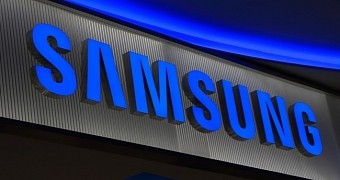Samsung will announce its new flagship, the Galaxy S8, at a dedicated event in March, and one of the phone’s selling points will be Samsung’s AI virtual assistant Bixby. Many smartphone makers have included AI technology on their premium phones, while others are actively working on launching such a feature.
AI virtual assistants have gained popularity on the smartphone market, launching a trend that OEMs must follow if they wish their products to be competitive on the market. Google’s Pixel and Pixel XL are equipped with AI virtual assistant Google Assistant, while HTC recently announced a new feature for its HTC U Ultra and U Play, Sense Companion.
Amazon’s Alexa is one of the most prominent AI assistants and it recently made the leap to smartphones, being featured on Huawei’s Mate 9. LG is also said to be working with Google on equipping its upcoming LG G6 with Google Assistant. LG will also incorporate Alexa on a number of upcoming devices.
Samsung’s AI solutions could expand to tablets and smart TVs
According to a report by The Investor, Samsung is seeking to collaborate with Google in advancing AI. Samsung mobile division’s Lee Kyeong-tae stated in a conference call that “Samsung and Google will have to continue to maintain their strategic partnership to nurture the AI and the market for the emerging technology.”
He added that Samsung intends to increase its presence in the AI section, not just on smartphones but also tablets and smart TVs. This means that we’ll be hearing more about Bixby in the near future. The company is also interested in offering its solutions to outside companies and third-party firms. Samsung says that competition in the AI segment will help with technology advancement and bring growth to this segment.
Samsung’s upcoming Galaxy S8 will be equipped with AI virtual assistant Bixby, which will be integrated into almost all native apps on the phone. Some rumors said that Samsung disagreed with Google on the planned installation of its AI solutions on the new smartphone. Google is known to sometimes limit the installation of software solutions and apps by smartphone makers.

 14 DAY TRIAL //
14 DAY TRIAL //